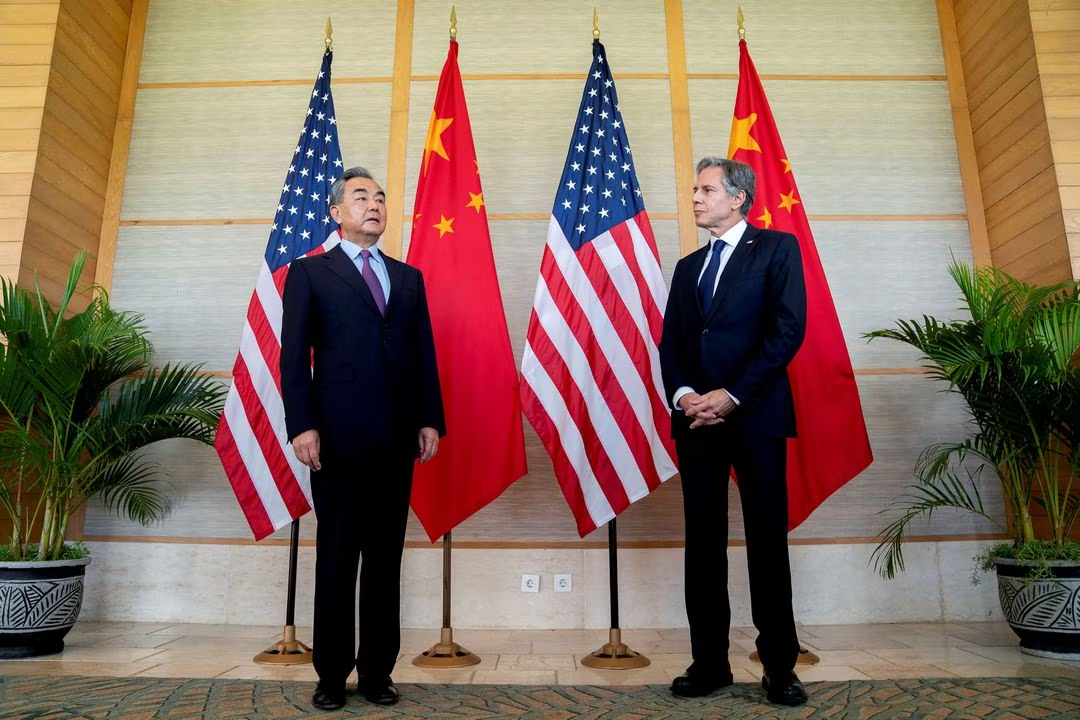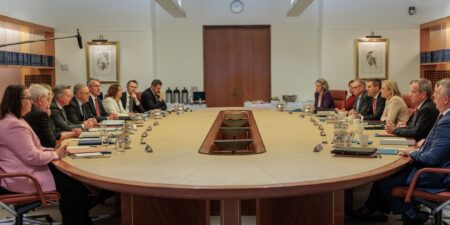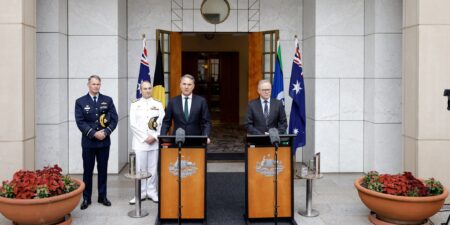The BGA China Team wrote an update to clients on U.S. Secretary of State Antony Blinken’s upcoming visit to Beijing from June 18-19.
Context
- U.S. Secretary of State Antony Blinken will meet with top-level Chinese officials in Beijing in the latest example of bilateral efforts to improve dialogue. Blinken’s upcoming visit will follow Chinese Commerce Minister Wang Wentao’s meetings last month with Raimondo and U.S. Trade Representative Katherine Tai in the United States.
- Despite the fanfare surrounding the visit, Blinken and his counterpart Foreign Minister Qin Gang held a bitter phone call June 14 during which Qin said the United States must stop interfering in Chinese affairs, including in matters related to Taiwan. Separately, Chinese Foreign Ministry Spokeswoman Mao Ning rebuffed U.S. President Joe Biden’s recent comment that U.S.-China relations should thaw soon.
Significance
- This visit is a key litmus test for whether the two governments can stabilize a plummeting relationship during a time of deep distrust. China-U.S. military relations have soured recently, with incidents on both sides. Meetings in Beijing this month between top Chinese and U.S. officials build on the small steps that Wang, Raimondo and Tai have taken to enhance China-U.S. relations. However, Beijing and Washington are skeptical that relations will improve. Discussing Blinken’s upcoming Beijing visit, U.S. Assistant Secretary of State Daniel Kritenbrink admitted that although he is optimistic, observers should not expect officials to agree to a “long list of deliverables.”
- Whether overall relations improve substantively depends upon the upcoming actions of both countries. Bilateral relations will continue to deteriorate if the Biden administration continues to introduce policies like its screening requirement for U.S. companies seeking to invest in China, which Beijing views as part of a Cold War-like containment strategy. Chinese policies are often reactive to U.S. moves and less planned than many observers believe. Paul Rosen, the U.S. assistant treasury secretary for investment security, confirmed at a May 31 Senate hearing that the impending executive order on outbound investment will bar certain U.S. investments in advanced semiconductors, quantum computing and artificial intelligence.
Implications
- Despite inconsistent government-to-government communication, Beijing is welcoming U.S. companies that align with China’s national development goals. China faces myriad domestic economic challenges, including softening economic growth, tumbling markets and rising unemployment. Chinese officials are worried about issues with the U.S. debt ceiling because China is the largest investor in U.S. government debt. Biden and Chinese President Xi Jinping will look to project their confidence to country leaders at India’s Group of 20 meeting in September and the U.S. Asia-Pacific Economic Cooperation summit in November.
- China’s friendly gestures toward certain foreign companies show that Chinese officials are working hard to promote foreign investment. Wang on May 22 chaired a meeting with foreign businesses, including a number from the United States, focused on how China could improve its business environment for foreign companies. Wang noted that China and the United States should boost economic corporation and mutual trust.
BGA will continue to keep you updated on developments in China as they occur. If you have any comments or questions, please contact BGA China Advisor Eric Wang at ewang@bowergroupasia.com.
Best regards, BGA China Team

Advisor
Eric has over two decades’ experience in government affairs and public relations and currently serves as firm partner and managing director of Yuan Associates. He has worked with more than 80 clients in manufacturing, agriculture and food, consumer goods and service industries. Eric joined Yuan Associates in 2005 and become a partner and managing director in 2011. As managing director, he is responsible for comprehensive government affairs service for and management of clients. As a partner his responsibilities include overseeing the firm’s daily overall operations. Prior to joining Yuan Associates, Eric worked as an account manager for Euan Barty Associates ...
Read More


























